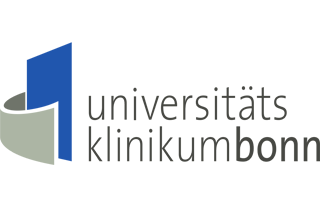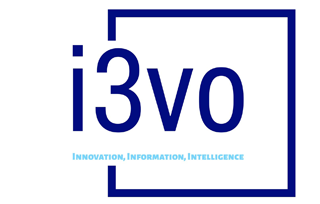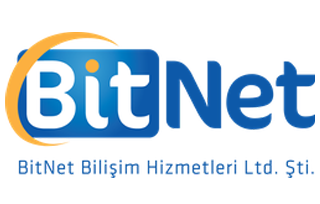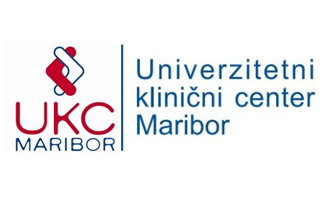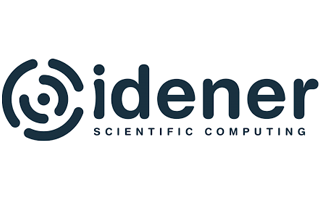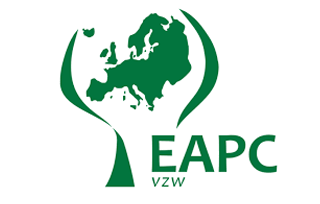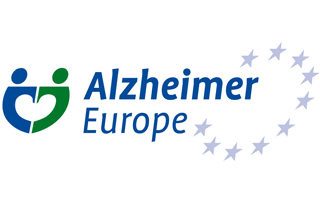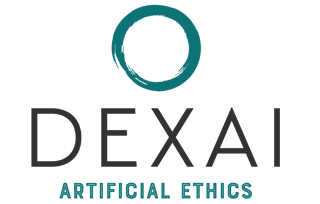
AI4HOPE – Artificial Intelligence based health, optimism, purpose and endurance in palliative care for dementia
Dementia is caused by a range of illnesses and disorders that damage the brain either directly or indirectly. With the rise of the ageing population in the EU, dementia is becoming a serious problem. Digital health interventions have the potential to improve the accessibility and effectiveness of palliative care. Palliative care is an area where these technologies are increasingly being evaluated for education (e.g. online learning, mobile applications or Virtual Reality tools), symptom management, care planning, decisionmaking, and interaction (e.g. professionals and caregivers using phones, internet and computer systems).
Most studies focus on specific interventions with variable outcomes and are influenced by biased patient selection and professional control. Improving the understanding and treatment of dementia is crucial, as well as developing more effective healthcare technologies. This project aims to better understand dementia, identify holistic interventions, and utilize innovative digital tools to optimize clinical care. Additionally, it seeks to provide scientific evidence to enhance policies and legal frameworks. All of this is done with the goal of integrating digital interventions into the palliative care of patients with dementia and assessing their impact using Artificial Intelligence.
Chronic diseases | Health services, health and care research | Queality of health care| Patient care | Artificial Intelligence
Proyect description:
AI4HOPE focuses on the implementation of an Advanced Care Planning Decision Support System (CPDSS) for dementia patients and their caregivers to systematize the process, along with utilising multisensory based emotion regulation and pain management with trustworthy artificial intelligence (TAI) models to successfully integrate smart technologies with virtual assistants.
General Objective:
AI4HOPE aims to develop and improve Trustworthy AI-based (TAI) based digital health interventions and solutions towards a patient centered care planning strategy for supporting dementia care by:
- Developing patient cantered, efficient, replicable and cost-effective advanced care planning to improve QoL of patients and their caregivers.
- Integrating accesible and affordable digital health interventions for palliative care.
- Effective multisensory based emotion regulation and pain management utilizing Virtual Reality (VR).
- Identifying and analysing relationships between sex, gender, age, disabilities and socio-economic factors in health and any other relevant factors such as ethical, familial, cultural considerations, including personal beliefs and religious perspectives that could affect health equity to the proposed interventions, including equitable access.
- Trusted, improved well-being and quality of life of patients supporting patients in need of palliative care and their professional and family caregivers to cope with the following challenges of dementia: a) early identification, assessment and treatment of pain and physical, psychosocial and spiritual problems; b) adapted non-pharmacological interventions to improve well-being and quality of life of patients; c) trustworthy and ethical healthcare management considering short and long-term impact.
Technical Objectives
1: To successfully develop innovative interdisciplinary digital interventions and advanced care planning(ACP) that empower patients and informal caregivers, reduce health-related suffering and improve well-being and quality of life by alleviating psychological distress and offering peer support and increasing their health literacy and awareness
2: Reduced societal, healthcare, and economic burden by successfully integrating PROs and objective measures, and multisensory based emotion regulation and pain management and to develop AI assistants to drive the information-driven palliative care decision-making process
3: Successfully integrate the appropriate components and tools in order to deliver a holistic Care Interoperability Platform easily configurable to different cases (e.g. cultural settings, disease) and considering best practices and open system approaches in the market for secure experimentation composition and exploration
4: Offer (cyber) security, privacy and trust mechanisms at different granularities and contexts of the Platform, ensuring the inherent incorporation of all networked entities/objects by design fashion and in accordance to associated regulations, ethics and compliance aspects that will support efficient data sharing process.
Project duration:
48 months: 2024 – 2027
Participating organisations:
Financed by:
HORIZON-HLTH-2023-DISEASE-03-01
Contact person:
Marteyn Van Gasteren – marteyn.vangasteren@itcl.es





